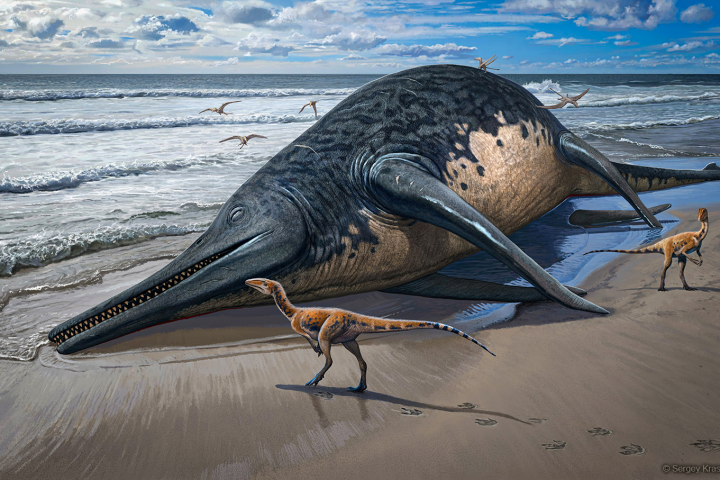Since the human genome was completely sequenced in 2003, the field of genetics has zipped along at a mind-boggling pace, helping us do everything from detecting cancer earlier to offering new hope to diabetics. Now we can even cut-and-paste sequences of DNA in our own kitchens. So the just-announced project to chemically produce an entire human genome in a lab seems like a logical next step – even if it could one day lead to lab-made humans with no biological parents.
The project is called Human Genome Project-Write or HGP-Write and, although leaked last month, was just officially announced today with the publication of an article in the journal Science.
"The primary goal of HGP-write is to reduce the costs of engineering and testing large (0.1 to 100 billion base pairs) genomes in cell lines by over 1000-fold within 10 years," write the group of 25 authors in the paper. "This will include whole-genome engineering of human cell lines and other organisms of agricultural and public health significance, or those needed to interpret human biological functions – i.e., gene regulation, genetic diseases, and evolutionary processes."
So the goal at the outset isn't really to grow people in a lab, but rather to push the science of genetic engineering higher while bringing costs lower. In addition, the authors say that the project can yield other benefits: "Potential applications include growing transplantable human organs; engineering immunity to viruses in cell lines via genome-wide recoding; engineering cancer resistance into new therapeutic cell lines; and accelerating high-productivity, cost-efficient vaccine and pharmaceutical development using human cells and organoids."
The authors, led by geneticist Jef Boeke of the New York University Langone Medical Center, also write that one of the pilot projects they're considering is using stem cells to create an "ultrasafe" human cell line.
Still, when you start talking about stem cells and whipping up human genomes in a beaker, the thought of using those genomes to create chemically engineered parentless people or super-soldiers follows close behind. That issue is addressed by the authors who say that public involvement and guidance on the ethics of the project as well as its legal and social components would be a necessary first step.
The group is seeking to raise US$100 million from a mix of public and private institutions. While the scientists don't give an estimate to the cost of the project, they do say that it should come in much less than the original Humane Genome Project's price tag of $3 billion.
Members of the group whose names appear on the article hail from institutions including Johns Hopkins University School of Medicine, MIT, Harvard Medical School, the University of Washington, Yale University, University of Edinburgh and Columbia University.
Source: Science





